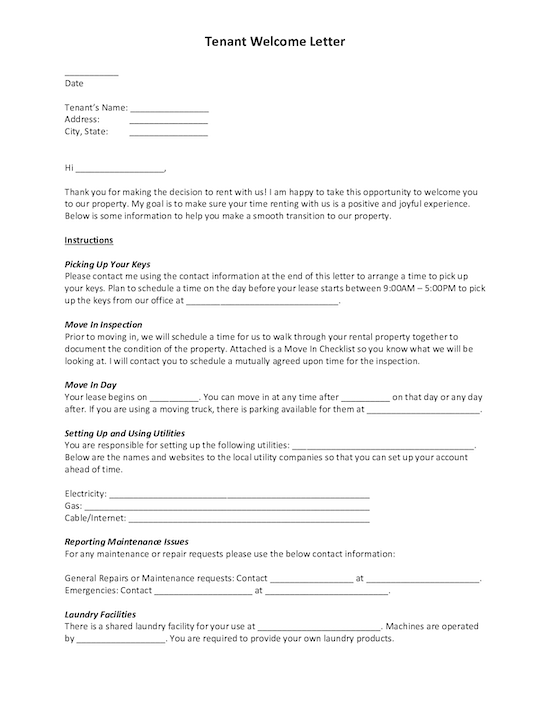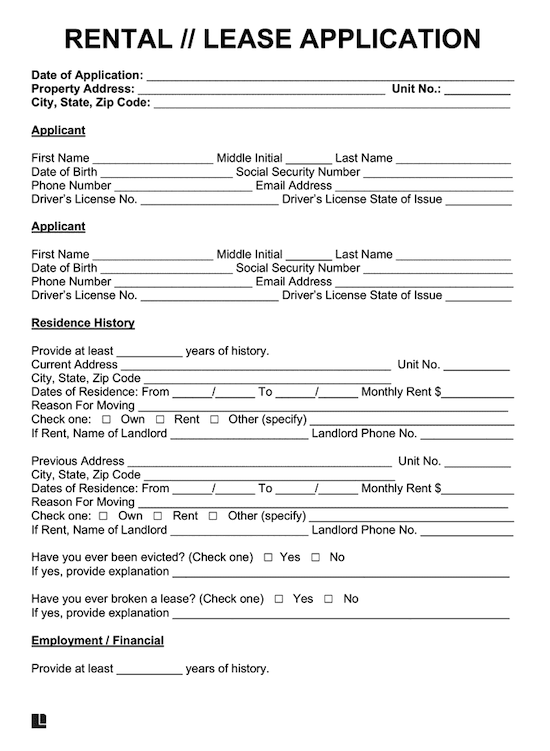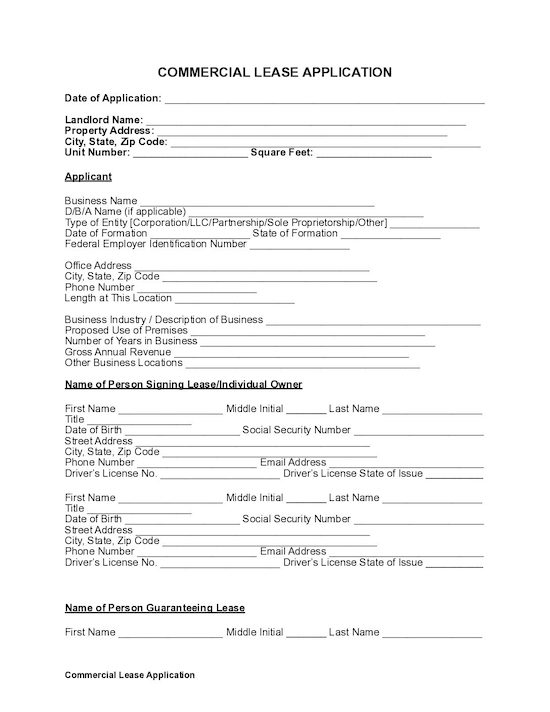Last Updated: April 2024

In the world of rental real estate, important communications need to always be put in writing. Rental property letters and notices help accomplish this for both property owners and tenants. These rental property documents can be legal in nature; such as a rent increase letter, while others can simply be helpful and informational; such as a Tenant Welcome Letter.
Types of Rental Property Letters and Notices
Rental property letters and notices come in many different forms. These documents are commonly used throughout the course of rental property management to effectively communicate with tenants. Below we take a look at the most common types of rental property letters and notices:
Tenant Welcome Letter

New tenant welcome letters are sent to new tenants to make them feel welcomed as well as provide helpful information on their new rental unit.
Rent Increase Notice

Rent increase notices provided to tenants informing them of the effective date and new amount when a rent increase is scheduled to occur.
Late Rent Notice

Late rent notices provided to tenant that notifies them of an outstanding rent balance that is now past due and may escalate to legal actions.
Notice to Vacate

Notices to vacate are used by tenants that informs the landlord of their intent to end the lease agreement and vacate the unit in typically 30 days.
Residential Rental Application

Residential lease applications are questionnaires that are completed by prospective residential tenants and reviewed by landlord with information for screening purposes.
Commercial Rental Application

Commercial lease applications are questionnaire that are completed by prospective commercial residential tenants and reviewed by landlord with information for screening purposes.
Estoppel Certificate

Rental property estoppels are self-certification statements that are filled out by tenants that confirms the terms of a lease agreement such as rental amount, term, etc.
Search Rental Real Estate
Try searching out site for hundreds of rental property topics ranging from property management, investor tool reviews, investment research, and more.
The #1 Rental Property Newsletter
Once a month, we send out an exclusive Rental Property Market Update with top stories, current mortgage rates, building products, and more. No spam and unsubscribe anytime.

Tools for Rental Property Letters and Notices
Rental Property Accounting Software

Rental property accounting software is a great tool for tracking tenant rent payments and other charges. Most solutions can generate tenant reports to show payment history and account balances.
Property Management Software

Property management software helps property owners, property managers, and tenants handle all aspects of management such as rent payment, maintenance, marketing, and much more.
Contract and Document
Software

Online rental property document software offers customizable templates and digital management solutions for forms, contracts, and letters related to leasing and property management.
Document Digital Signature
Software

Using digital signature software for rental property agreements is becoming increasingly popular among tenants and rental real estate industry professionals for its ease of use and legal upholding.
Rental Property Letters and Notices FAQ
Why is it Important to Provide Written Notices Instead of Verbal Communication?
Written notices are very important for a few reasons. First, they offer a tangible record of communication, ensuring clarity and reducing misunderstandings. Second, in many jurisdictions, certain notices, like eviction notices or rent increase notices, are legally required to be in writing to be enforceable. Lastly, written documentation can be invaluable if disputes arise and legal action is taken, as they serve as evidence of communication and adherence to legal protocols.
How Should Landlords Ensure That Their Notices Comply With Local Laws?
Landlords should regularly consult with local or state housing authorities or legal counsel familiar with landlord-tenant laws in their jurisdiction. Attending local seminars, joining landlord associations, or subscribing to relevant publications can also provide updated information. Additionally, using standardized templates vetted by legal professionals and tailoring them to specific needs can ensure compliance with local regulations.
What Should a Landlord Do if a Tenant Doesn’t Respond to a Notice?
If a tenant doesn’t respond to a notice, the landlord should first ensure that the notice was correctly delivered, whether personally, via mail, or as stipulated in the lease agreement. Depending on the nature of the notice, landlords might then take further actions such as issuing a follow-up notice, reaching out directly via phone or email, or, in more severe cases, seeking legal advice or intervention.
Rental Property Law Guides
About the Author

Ryan Nelson
I’m an investor, real estate developer, and property manager with hands-on experience in all types of real estate from single family homes up to hundreds of thousands of square feet of commercial real estate. RentalRealEstate is my mission to create the ultimate real estate investor platform for expert resources, reviews and tools. Learn more about my story.
Disclaimer: The information provided on this website does not, and is not intended to, constitute financial and/or legal advice. As such, all information, content, and materials available on this site are for general informational purposes only. See Our Disclaimer Page for more information.






